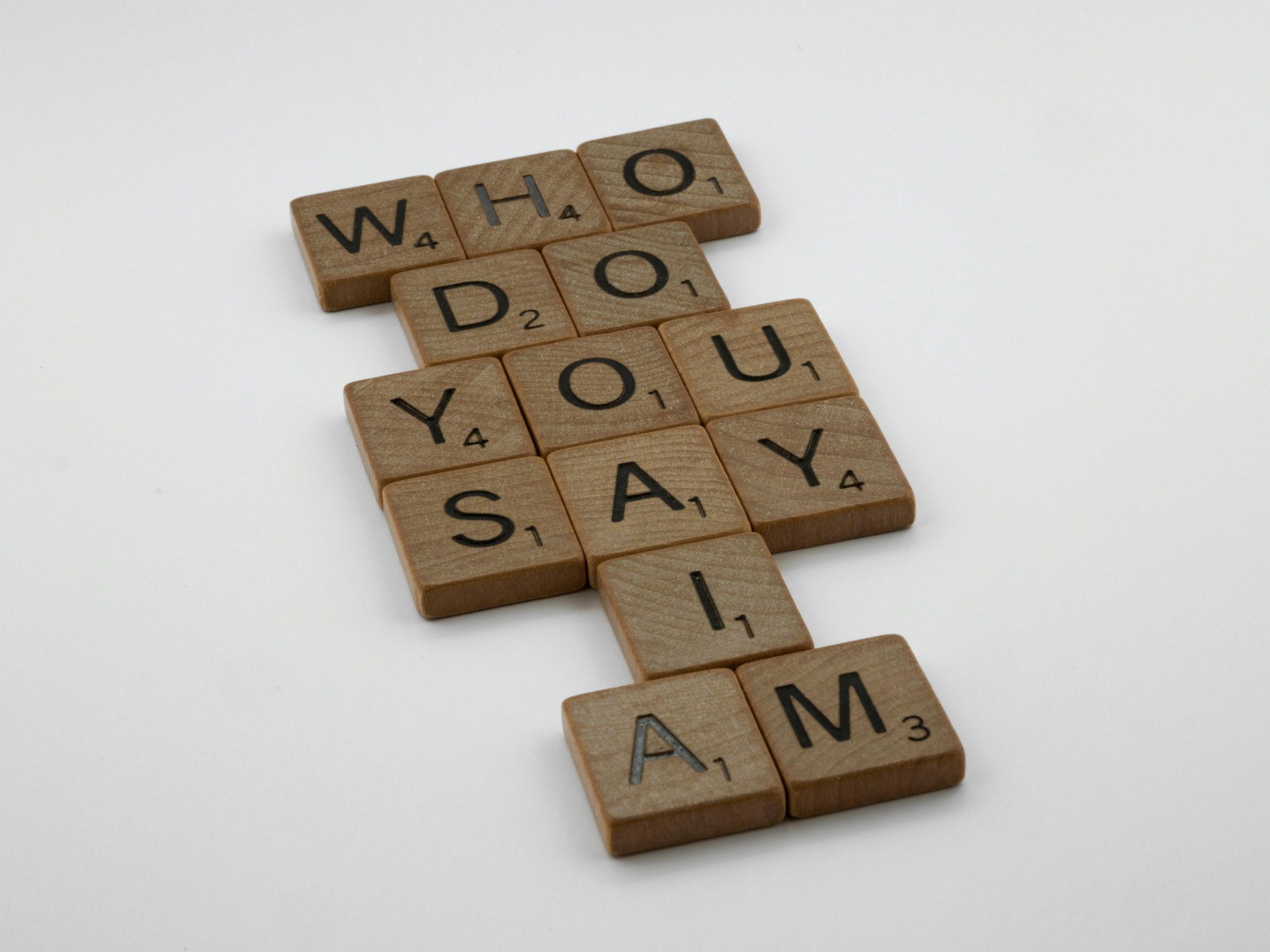Unexpected Cafeteria Drama: A Lunchtime Tale
Picture this: I’m peacefully enjoying my lunch, savoring every bite, when an unexpected phrase slices through the cafeteria chatter – “So wassup then ho?”
A sudden hush spreads across the room as curious eyes search for the source of the provocation. Moments like these transform an ordinary lunch hour into an unscripted episode of high school theatrics. There’s an undeniable tension mixed with curiosity as every student within earshot becomes an involuntary audience member to this lunchtime drama.
Such encounters remind us that high school life is anything but monotonous. In the midst of a routine day, you never know what twists or turns could unfold next.

It sounds like you encountered a situation in a public setting where unexpected and possibly confrontational language was being used. Here are a few insights and practical pieces of advice for handling such situations, drawn from a combination of etiquette, psychology, and personal development principles:
Stay Calm and Observant: When you hear a loud or potentially aggressive comment like “So wassup then ho?” from across the cafeteria, it’s important to maintain your composure. Reacting impulsively can escalate the situation. Instead, take a moment to assess the context and observe the interaction. Is it a heated argument or a misunderstanding that could dissipate on its own?
Assess the Safety of the Environment: Your primary concern should be your safety and that of those around you. If you sense that the situation could lead to physical confrontation or make others feel threatened, consider notifying a staff member or authority figure. Cafeterias in public places like schools or workplaces often have personnel trained to diffuse such situations.
Consider Cultural and Contextual Nuances: Language and tone can carry different meanings based on cultural context. What might sound aggressive in one setting could be a form of playful banter in another. Understanding these subtleties can help you better interpret the situation. However, if you’re in a community where such language is deemed inappropriate, it might warrant bringing it to the attention of those involved without assuming the worst intentions.
React with Empathy, Not Judgment: If you find yourself in a position to address or reflect on the situation with others, approach the topic with empathy. Those involved may be acting out due to stress or personal issues, and addressing it with judgment may not be constructive. For example, you could say, “I noticed some tension earlier—should we check if everything’s okay?”
Use the Incident as a Learning Opportunity: Incidents like these can serve as valuable social learning experiences. Consider discussing what happened with friends or colleagues afterwards to better understand different perspectives. Such conversations can also serve to reinforce a community standard for communication and mutual respect.
Develop Personal Strategies for Discomfort: If such occurrences make you uncomfortable, it might be helpful to develop personal coping strategies. This can range from deep-breathing exercises to engaging in positive affirmations. If these situations affect you frequently, discussing them with a counselor or mentor can also provide new coping mechanisms and support.
By focusing on safety, empathy, understanding, and personal growth